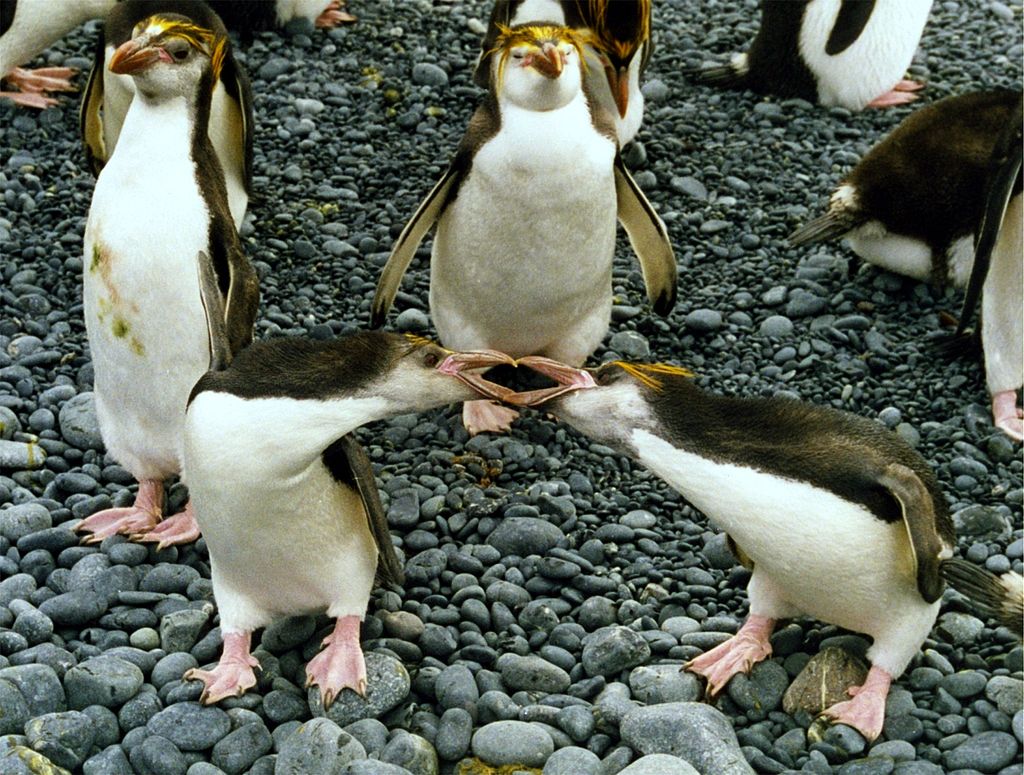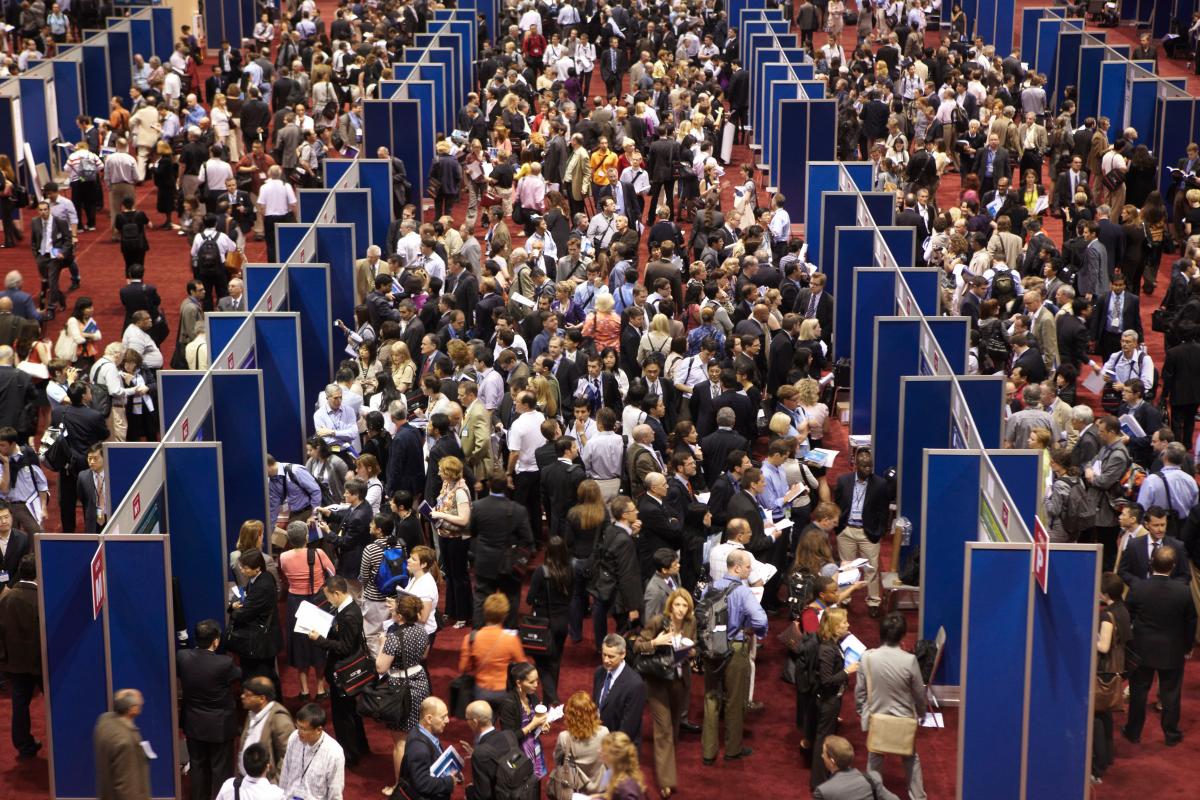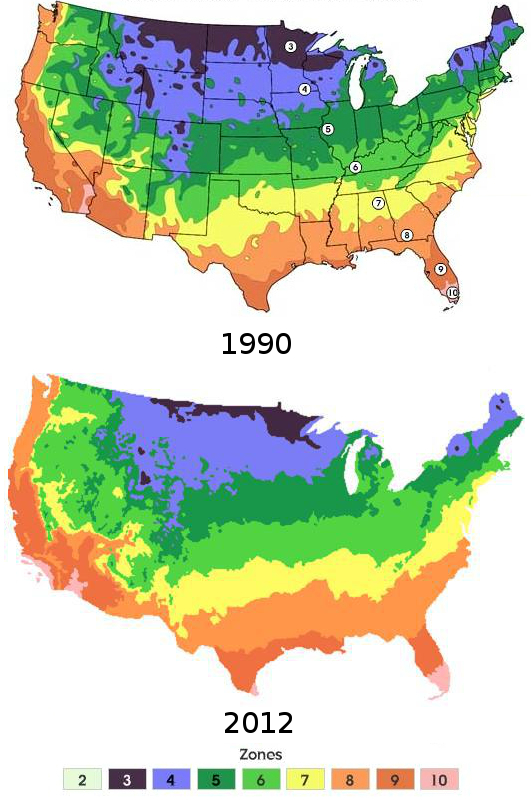In the first installment, I left you with the assignment of coming up with a response to a “skeptical” scientist who thinks current climate change might just reflect a natural cycle.
I suspect that, like me, your first instinct would be to begin building the case, using the scientific evidence, that it’s abundantly clear that recent changes are of a scale and tempo that is inconsistent with any past natural cycles. That would, no doubt, have led to a lively debate about whether you were quoting reputable p apers and taking into account climate scientists’ supposed conflicts of interest. There would also no doubt have been arcane detours into Medieval warming and little Ice Ages. In the end—I’m willing to bet—the attempt to change Dr. Skeptic’s mind would have been an epic failure. Even worse, anyone at the table listening to the discussion might have been left with the impression that there is a legitimate scientific debate to be had.
apers and taking into account climate scientists’ supposed conflicts of interest. There would also no doubt have been arcane detours into Medieval warming and little Ice Ages. In the end—I’m willing to bet—the attempt to change Dr. Skeptic’s mind would have been an epic failure. Even worse, anyone at the table listening to the discussion might have been left with the impression that there is a legitimate scientific debate to be had.
So what did I do at my dinner party?
Here’s what I remember:
Me: So you’re skeptical about the scientific consensus on climate change? What is it about it that makes you skeptical? Because the consensus among climate scientists is, well, pretty overwhelming.
Dr. Skeptic: But scientists are herd animals—they always agree with each other and refuse to listen to the minority opinion.
Me: Sure, I’ve seen that happen in highly specialized small groups of scientists—it can take a long time for results that threaten the prevailing paradigm to get attention.
Dr. Skeptic: Exactly! I think that’s what’s happening here.
Me: But this isn’t a case of one or two climate scientists trying to prevail on a small number of specialized colleagues to listen to an alternative theory. This is a matter of thousands of climate scientists who’ve collected all different kinds of data, over the course of several decades, realizing that their measurements and observations are all pointing in the same direction. How many climate scientists do you think there are?
Dr. Skeptic: I don’t know—under 100?
 Me: It’s more like somewhere between 10,000 and 20,000! And many other kinds of scientists contribute to climate research, such as oceanographers, hydrologists, and marine biologists, so really, the number is much higher than that. For me, some of the most powerful evidence in support of climate change comes from field ecology. Are you familiar with the work of Camille Parmesan at the University of Texas, Austin?
Me: It’s more like somewhere between 10,000 and 20,000! And many other kinds of scientists contribute to climate research, such as oceanographers, hydrologists, and marine biologists, so really, the number is much higher than that. For me, some of the most powerful evidence in support of climate change comes from field ecology. Are you familiar with the work of Camille Parmesan at the University of Texas, Austin?
Dr. Skeptic: No.
Me: Well, she asked a very simple question. If climate change is happening, and the Earth’s temperature is rising, what would I expect to see if I looked at species ranges over time?
[Now at this point I should have asked him, and allowed him to make a prediction—but I didn’t, I just plowed on. Nobody’s perfect!]
She predicted that to compensate for warming temperatures, species ranges in North America would be moving north in latitude or up in altitude. To test her hypothesis, she did a massive literature search of field ecology studies that measured ranges of all different kinds of plants and animals, including birds, mammals, and insects. She also looked at data sets that have been amassed over time by “citizen scientists” —like Lilac Societies that have been noting the date of budburst since the 1800’s or the Audubon Society that keeps long-term records on what birds have been seen where. When she put all that data together, she found that, indeed, species have been moving toward the north, or moving higher up mountains. She also found that particular colonies are more likely to have disappeared at the southern or lowermost edges of their ranges, and new colonies are more likely to have appeared at the northern and highermost edges.
Personally (I went on), I find that kind of evidence especially convincing. She doesn’t have any axe to grind in the climate community. She just developed a hypothesis and followed the evidence.
Dr. Skeptic: Well, I’d never heard that before. That’s very interesting.
So the rest of the table had been listening to this conversation, and they also found the ecology angle interesting. So I finished up with: “You know what I think is one of the most striking graphics about recent climate change?”
 I then described the USDA planting zone guides (reproduced here) that are published every decade or so. They provide quite a striking visual image of what’s happening with our climate. I didn’t have them at hand, of course, but I hope Dr. Skeptic went and looked them up. Because this is what he’d see—notice the shifts north.
I then described the USDA planting zone guides (reproduced here) that are published every decade or so. They provide quite a striking visual image of what’s happening with our climate. I didn’t have them at hand, of course, but I hope Dr. Skeptic went and looked them up. Because this is what he’d see—notice the shifts north.
Did I change Dr. Skeptic’s mind? I don’t know. But I certainly made him think a little bit. I didn’t get into a debate, and I gave the rest of the table some conversational fuel for the next time they are seated next to a skeptic. Not bad for one dinner party. Give it a try! And let us know how it turns out.

